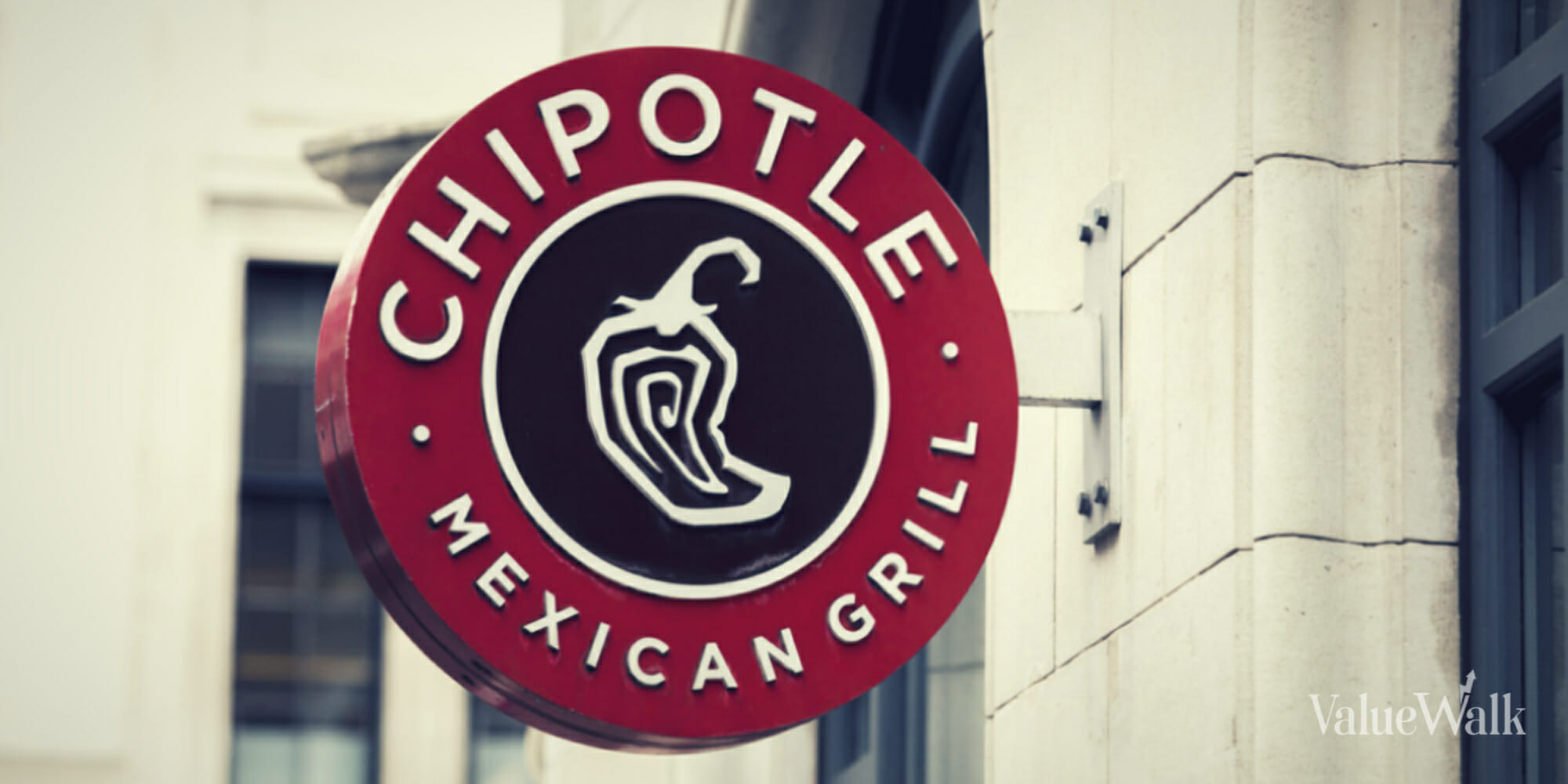Google parent Alphabet was the receiving end of a huge contrarian call this morning as analysts at Wedbush downgraded it to Underperform. They’re concerned about what they call the “Four Horsemen of the Search Apocalypse,” which they say haven’t arrive but might one day. The crux of the argument deals with “paid attention,” a new trend that’s starting to creep into the digital ad world and could threaten Google’s core paid search advertising mode.
On the other hand, Morgan Stanley analysts highlighted some takeaways from AdWeek which have left them quite bullish on the company. The key debate here is innovation. Wedbush is concerned that Alphabet isn’t innovative enough to keep up with changes in the area of digital advertising, while Morgan Stanley praises the company’s ad innovations.
Alphabet price target to $700
In a report dated September 28, Wedbush analyst James Dix said he slashed his price target to $700 and flies in the face of the 91% of analysts who rate Alphabet as a Buy. His contrarian call comes as the company’s shares are up 29% over the last year, doubling the S&P 500’s increase of 14% over the same timeframe.
Dix cited what he calls an “attention markets” thesis for his downgrade of the Google parent. His “Four Horsemen of the Search Apocalypse” are: “self-identified consumers, consumer control of IP-delivered ads, payments innovation, and attention markets.” These four horsemen suggest a future in which Alphabet will have to change dramatically in order to survive.
Google shifts away from organic mobile search
He also is concerned about momentum in the area of mobile search monetization. He notes that paid search is easier to monetize than other forms of digital media. The reason is because he considers it to be a “good proxy” for what he calls “self-identified consumers.” Google has made some big changes to its mobile search ads recently, and Dix says those changes switch the traffic mix from organic to paid. As a result, this has dropped off significantly.
“This creates potential disequilibrium in monetizing these consumers—as advertisers balance search ad cost shocks against ROI—and a smaller search moat vs. competitors,” he explains.
It’s also a problem because his firm’s surveys have found that organic search tends to be better than paid.
Google’s model may stop working
Dix’s “Four Horsemen of the Search Apocalypse” concern him because if they do begin arriving, they would herald a new era of digital advertising—one that might cause Google’s business model simply to stop working.
“Digitizing commerce and advertising is easing targeting of self-identified consumers and consumer control of IP-delivered ads, and thus user-priced attention gateways,” he explains. “To target the market of people in the market, conditioning ‘paid attention’ on purchase could often substitute for search advertising.”
The analyst feels that payments innovations should make it easier for incentives to be settled. He notes that data science and other technology such as ad blockers and digital wallets are changing the market. Companies such as Volvo pay potential buyers to take test drives, thus making incentives a new dynamic to the entire process. Consumers are understandably biased toward ads that provide some sort of reward or compensation.
In the end, Google could just be overwhelmed by competition for ad spend from an array of sources.
“Attention markets could compete for marketing spending with search, other direct media (measured and unmeasured), and direct response uses of mass media, like addressable TV and performance display/ video, pulling both B2B and B2C ad spending,” he explains.
If “paid attention” becomes the norm, the company could lose out greatly on ad spend unless it evolves its business model. Paid search is expected to generate more than half of Google’s gross revenue this year, so what Dix calls “paid attention” threatens the company’s bread and butter.
Morgan Stanley still bullish on Alphabet
Interestingly, Morgan Stanley analyst Brian Nowak and team praised Alphabet’s innovation after attending the last two days of AdWeek, which suggests that they’re not worried at the prospect of major changes within the digital ad market. They pointed to Google’s numerous changes, including changes in format, new offerings and ad targeting, and other innovations. This week the company unveiled cross-device remarketing via its Google Display Network and DoubleClick Bid Manager, which the Morgan Stanley team believes will improve advertisers’ return on investment and also measurement across Alphabet’s full product suite.
They’re bullish on YouTube, as the platform targets both branded and direct response advertising. They spoke with ad agencies and advertisers and found that YouTube is still the first destination and also the leader in online video ad dollars. Advertisers like the Trueview ad format and YouTube’s reach, particularly among the 18 to 49 demo group during prime time, as they said YouTube delivers more viewers in that demo than the top ten TV shows combined. Engagement is also high as the average mobile viewing session stands at 40 minutes.
The Morgan Stanley team also praised YouTube’s innovation, which includes the extension of its Brand Lift solution to TV, which providers more direct comparisons between the performances of ad campaigns on TV and on YouTube. The analysts believe YouTube’s innovations will enable it to grow its revenue 47% this year.
Shares of Alphabet slipped by as much as 0.56% to $806.20 during regular trading hours on Wednesday.






